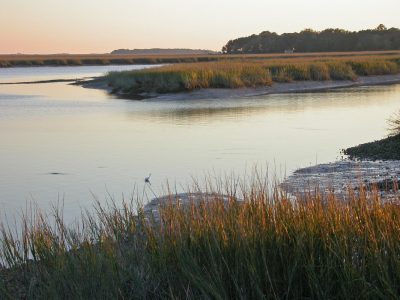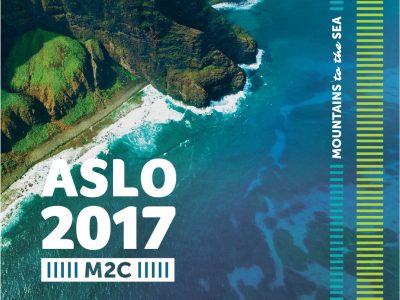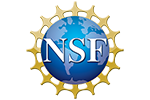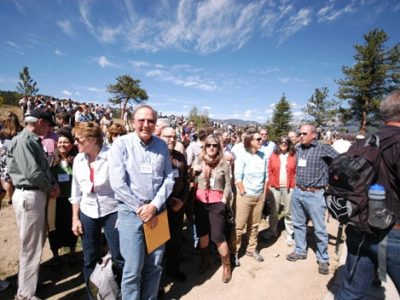Beyond desertification: New models for state change in drylands
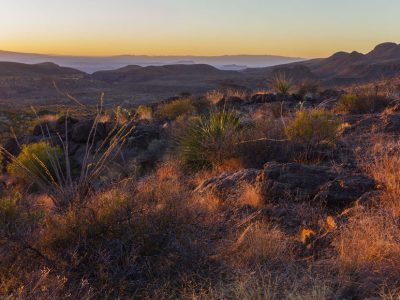
Talk Description: One of the classic state-change stories is that over-grazing and drought turn grasslands into shrubby, degraded landscapes. Land managers strive to avoid such irreversible changes, using strategies based on models of how ecosystems change. But misapplication of models can lead to poor management outcomes. Researchers at the Jornada Basin LTER site and its… Read more »

